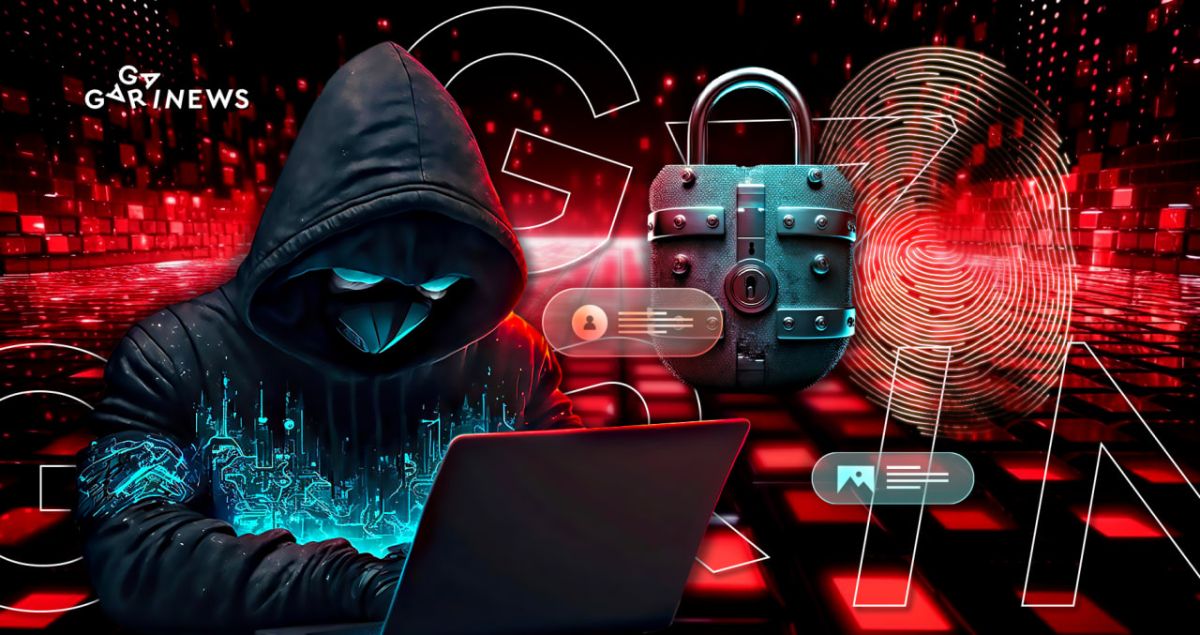The Price of Personal Data: How Much Is Your Privacy Worth?

The Privacy Affairs analyst team has released a new report with detailed pricing of hacker services in the darknet. Now we can have a clear understanding of how much our personal data is worth and which information is the most valuable.
According to the report, the black market for illegal goods and services in the darknet has remained robust throughout 2022 and the first quarter of 2023, despite intensified efforts by law enforcement to curb such activities. In the face of these challenges, cybercriminals have shown remarkable adaptability, continually creating new websites and forums to replace those that have been taken down.
DarkNet: Data types and price range
Based on information gathered from various darknet marketplaces, forums, and websites, a recent investigation has revealed that the average cost of a password for accessing online banking systems is around $30. Furthermore, complete credit card information can be obtained for as little as $10 to $50. Prices vary depending on the jurisdiction of the bank that issued the card. It's worth noting that American cards are generally more expensive. Criminals can also obtain a full set of personal documents and account credentials for approximately $1000.
The provided data includes a variety of categories:
- Credit card information;
- Crypto accounts;
- Social media passwords;
- Identity documents;
- Cracked services and messaging platforms.
Cryptographic accounts are considered the most valuable, with confidential information merchants providing access to hot wallets for prices ranging between $70 and $2500. A compromised account on the now-defunct LocalBitcoins exchange can be obtained for as little as $75, while gaining access to a verified Kraken account will cost buyers around $1170.
Social media and service accounts are significantly cheaper. For instance, compromised Facebook data is valued at around $25, while eBay accounts are being sold for no more than $20. The cheapest option available is Gmail password purchase. If bought in bulk (over 1000), the cost per password can be as low as $1.
By examining this price list, one can draw conclusions not only about the current demand for such illicit services but also about the security systems of various platforms and services. To fully appreciate the scale of this issue, one can review the detailed report available here.
Forgery is a serious concern, as hackers can steal but also produce counterfeit documents (such as driver's licenses, passports, and car insurance cards) that correspond to the stolen data upon request.
How to protect your personal data and accounts?
As cybercrime and identity fraud increase, it is important to remain vigilant and take steps to protect personal information. In this case, a single line of defense against crypto scammers will not suffice.
Here are some important rules to remember:
1. Use strong passwords. Create unique and complex letter combinations for all of your accounts. Do not use personal information such as your name, date of birth, or pet's name as a form of protection. A password manager can be your best ally in this regard.
2. Activate two-factor authentication. This is an additional form of verification, such as a code sent to your phone or email, that complements your primary password.
3. Keep your software up to date. Security patches that may safeguard you against known vulnerabilities are frequently included in updates.
4. Be cautious about suspicious links. Do not click on every offered link and avoid downloading attachments from unknown senders. Phishing emails may coerce you into disclosing personal information or installing malware on your computer.
5. Use a VPN. Virtual private networks encrypt internet connections and conceal your IP address, making it harder for hackers to monitor your online activity.
6. If possible, store your digital currency in hardware wallets not connected to the internet
It's likely that you've known these security measures for some time. However, a valid question arises: if everyone is familiar with and adheres to these security methods, where do the vast amounts of personal data on the DarkNet come from?

